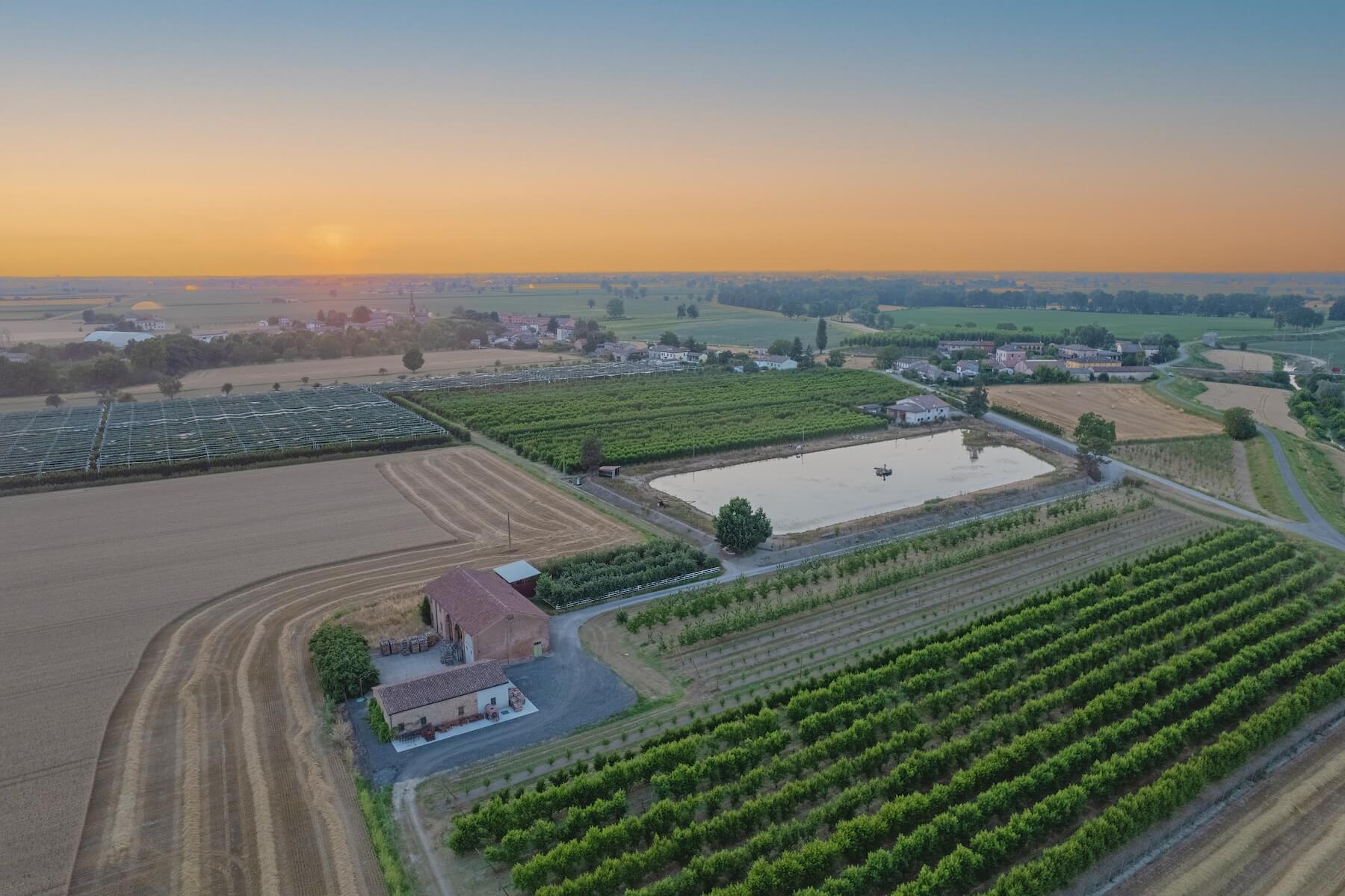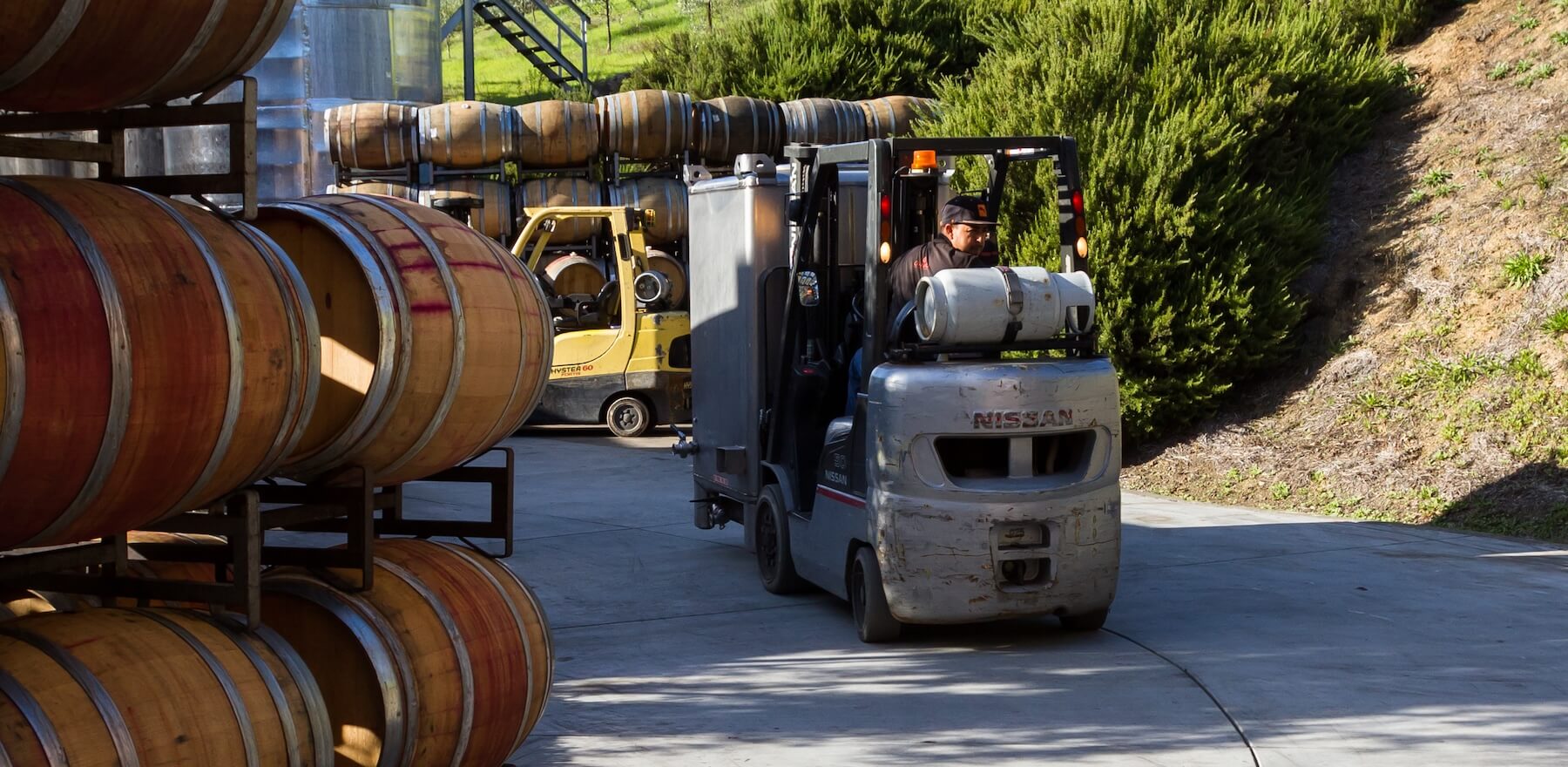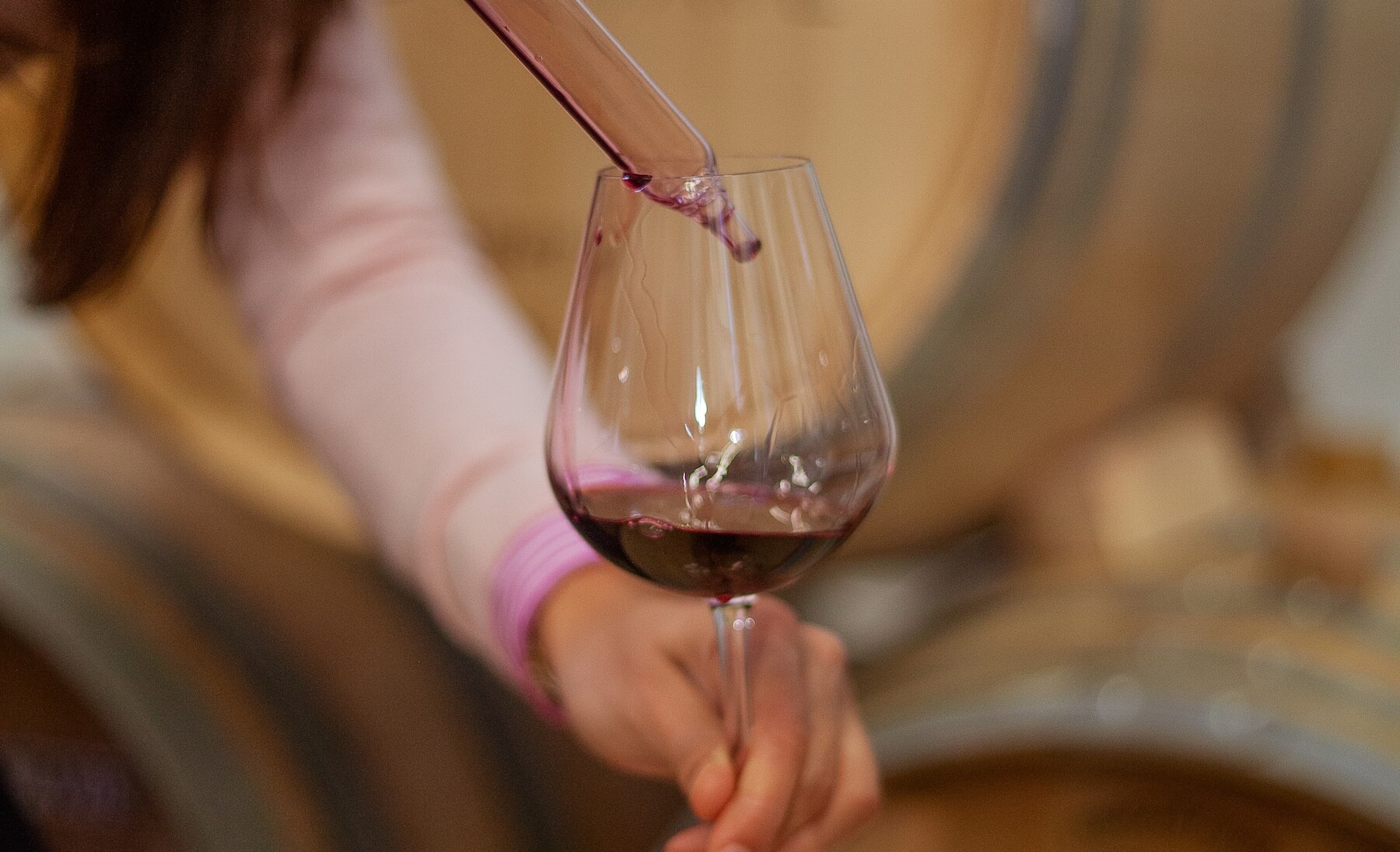On December 5, 1933, the cork popped, the glasses clinked and Prohibition bowed out, making way for a bev-alc renaissance!
Prohibition was a buzzkill, but some bev-alc companies managed to weather the storm and emerge more robust and resilient after Prohibition. With the 90th anniversary of the Repeal of Prohibition, we highlight the stories of three customers who diversified, survived and flourished after Repeal Day.
Laird & Company: Orchestrating Expansion
Laird & Company received its permit to distill in 1780, making it the oldest distillery in the United States. The company faced a dilemma during Prohibition: staying afloat without their signature applejack. The solution was to diversify into other apple-based products, such as applesauce, sweet cyder and apple vinegar. The company also obtained a special permit from the government to produce applejack for “medicinal purposes,” which allowed them to maintain a small stock of their original product.
Post-Prohibition, Laird & Company didn’t stop at resurrecting applejack; they orchestrated a full-blown expansion to include other types of spirits, such as vodka, rum and whiskey. And hold onto your hats – they’re about to launch a line of canned cocktails, a move that caters to their loyal customer base and beckons new fans to join the party.
Currently in its 9th generation of family ownership, Laird & Company is led by Lisa Laird-Dunn, the company’s first female leader.

August Schell Brewery: Crafting Success, One Batch at a Time
Enter August Schell Brewery, the second oldest family-owned brewery in the country, with roots dating back to 1890. Prohibition knocked, but did they back down? Heck no! They pivoted to near beer, soft drinks and candy. Near beer, similar to today’s non-alcoholic beer offerings, typically contained less than 0.5% alcohol and was made purely to replicate the taste of the beer everyone craved.
Post-Prohibition, Schells didn’t just return to brewing; they created a success story. Adapting to consumers’ changing tastes and preferences over the decades, they introduced new styles and flavors of beer. The brewery expanded distribution and reach and became one of the Midwest’s most successful regional breweries. Today, August Schell Brewery is still owned and operated by the Schell family and is the largest craft brewery in Minnesota.
With a diversified portfolio of more than 20 beers, including the Grain Belt brand, they’re now tapping into the health-conscious market with a line of low-carb, gluten-free, zero-sugar seltzers.
Charles Jacquin et Cie: Cordial Calculations
Charles Jacquin et Cie, Philadelphia cordial connoisseurs since 1884, faced Prohibition with finesse. Selling cordials as medicine got them through the dry spell. One of their most popular products was Rock and Rye, a mixture of rye whiskey, rock candy, citrus and herbs. Rock and Rye was marketed as a remedy for colds, coughs, sore throats and other ailments. The company sold other products, such as ginger brandy, cherry bounce and sloe gin, as medicinal tonics and elixirs.
After Prohibition ended, Charles Jacquin et Cie continued to produce their cordials and liqueurs, expanding into other categories, such as rum, gin and vodka. The company maintains its leadership in the cordial and liqueur market with a unique portfolio of spirits brands.
Deeply rooted in Philadelphia’s history and community, the company is now in its third generation of family ownership.
Pioneering Perseverance in the Age of Temperance
The stories of Laird & Company, August Schell Brewery and Charles Jacquin et Cie are inspiring examples of how bev-alc companies can overcome adversity and thrive in a changing and competitive environment. Through Prohibition and beyond, these pioneers showed unparalleled resilience, adaptability and innovation. They’ve also managed to preserve their heritage, values and quality while embracing new opportunities, trends and technologies.
While we may not face another Prohibition, breweries and distilleries continue diversifying, creating new products, flavors, formats and experiences that captivate customers. And guess what? They depend on Crafted ERP to simplify operations, optimize inventory, ensure compliance and boost profitability.

Propelling Legacy into a Modern Frontier
Prohibition and Repeal Day may be distant memories, but their echoes remind us adaptation is key. For the bev-alc industry, ERP software can help legacy businesses survive and flourish. Here’s how beverage ERP software transforms the game:
- Streamlined Operations: Beverage ERP simplifies the complexity of daily operations into a well-coordinated strategic approach. From heirloom beer styles to trendy seltzers, every move is calculated, ensuring these legacy enterprises precisely navigate the intricacies of the modern beverage landscape.
- Diversification, the Contemporary Approach: In a world without ERP, diversification was a survival strategy. Now, with beverage ERP, it’s a contemporary approach. Laird & Company, August Schell Brewery and Charles Jacquin et Cie aren’t merely playing it safe; they’re adopting a modern approach, venturing into new territories and shaping a legacy that resonates with today’s diverse clientele.
- Supply Chain Efficiency: Managing the supply chain without ERP solutions was challenging. Beverage ERP transforms this process into an efficient operation, ensuring a seamless flow of products. Whether supplying the iconic applejack or introducing new beer flavors, the logistical backbone remains robust, facilitating a steady flow to meet consumer demand.
- Compliance Management: Beverage ERP simplifies the compliance process. In a world of ever-present regulatory challenges, your ERP system becomes the most trusted record of truth, ensuring every move is legally aligned. Laird & Company, August Schell Brewery and Charles Jacquin et Cie easily navigate compliance across their product lines with Crafted ERP, ensuring legal obligations are met.
- Market Expansion Strategy: Legacy doesn’t mean sticking to old strategies. Beverage ERP software enables a strategic approach to market expansion, unlocking opportunities with new clientele while maintaining loyalty among existing fans. Laird & Company’s venture into canned cocktails and August Schell Brewery’s entry into the seltzer market isn’t just evolution. They are strategic moves that align with the ever-changing preferences of consumers.
The Path of Innovation Supported by Beverage ERP
Legacy is not a restraint but a launchpad for the future. The era without ERP solutions was a prelude, but today, with digital solutions in full swing, the possibilities become easier to envision. Ninety years post-Prohibition, breweries and distilleries are pushing boundaries, embracing change and creating experiences that resonate with a diverse audience.
Our customers Laird & Company, August Schell Brewery and Charles Jacquin et Cie – have proven that age is just a number. With the right tools, even the oldest companies can learn new tricks and tap into fresh revenue streams. Beverage ERP isn’t just a solution; it’s the key to unlocking a world of possibilities in the ever-evolving beverage industry.
Let’s start a conversation about your business. Contact us to speak with our beverage ERP experts.





